
Tales of grit and survival: How Covid-19 is redefining business for women entrepreneurs
The past year has been a testing one for females running small businesses, with many pivoting their ventures to stay afloat. And now comes the second wave of the coronavirus that only compounds their woes
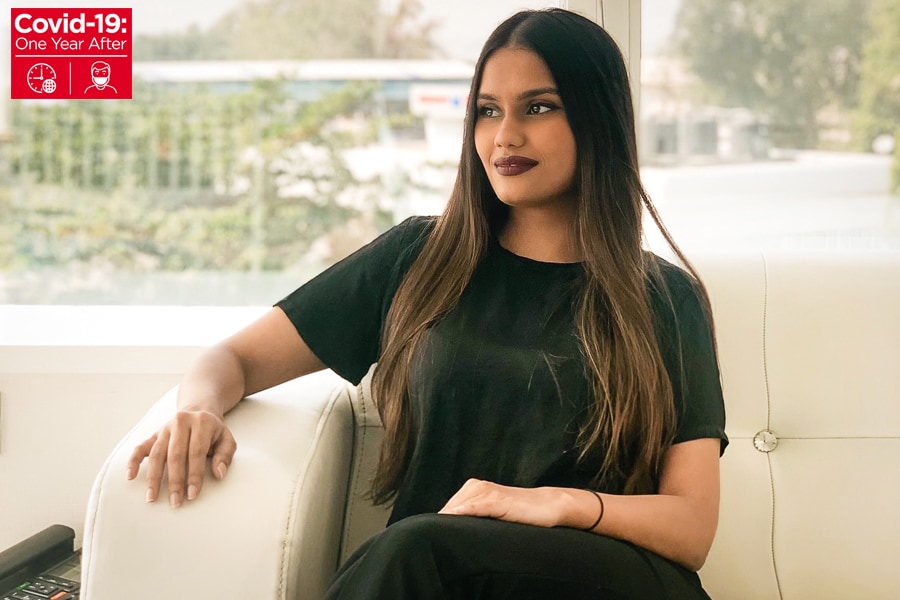 Nikita Nikalje, Founder, The Communication Room
Nikita Nikalje, Founder, The Communication Room
Nikita Nikalje started her PR agency specialising in hospitality in July 2018. For over two years, her venture, The Communication Room, worked with several brands, restaurants and hotels in Mumbai. Just when she was thinking of scaling up operations, 2020 brought with it the Covid-19 pandemic, putting a spanner in the works.
“A complete lockdown was declared on March 23, 2020, shutting down all restaurants and cafes… it made me lose all my clients. In a matter of a few hours, I went from running a successful agency with 30 clients, 10 employees, and a turnover of more than Rs8 lakh per month to nothing at all,” rues Nikalje, who had to shut down her business during the initial months of the lockdown. “Nobody knew how long this ordeal would last and I was unsure about how to sustain this business.”
Nikalje is not alone. Many women entrepreneurs have had to bear the brunt of the pandemic more than men, according to various studies. A study by Bain & Company, Google and AWE Foundation surveyed close to 350 women entrepreneurs and small business owners in urban India. Their report said almost 73 percent of women were negatively impacted by the pandemic with 35 percent experiencing a significant decline in revenue (25 percent to 75 percent). The revenue of almost 20 percent of women entrepreneurs dwindled to zero.
Today, India has 13.5 to 15.7 million women-owned enterprises which is less than 20 percent of all businesses. Single-person businesses provide direct employment to an estimated 22 to 27 million people. After an abrupt drop in March and April 2020 due to the lockdown, growth in businesses for women entrepreneurs as of October 2020 was about one-third of pre-Covid-19 levels.
With an uncertain future and no business for months, Nikalje thought of giving up on her venture. “Like most entrepreneurs in my field of work, I thought of applying for a job at a bigger agency, but somewhere I realised that was not my calling,” she says. Instead, the 30-year-old from Mumbai invested time in understanding fashion and beauty PR, and started networking with professionals from those industries. “I knew I had to diversify to survive. Our agency—that we restarted and diversified—had to become industry-agnostic and our reach had to expand beyond Mumbai,” she says.
_20220316022208_102x77.jpg)



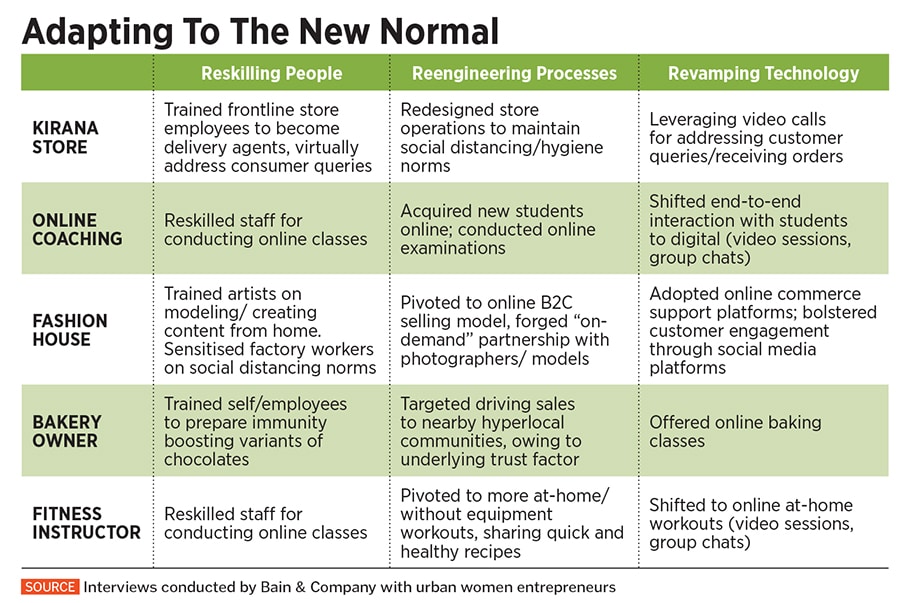
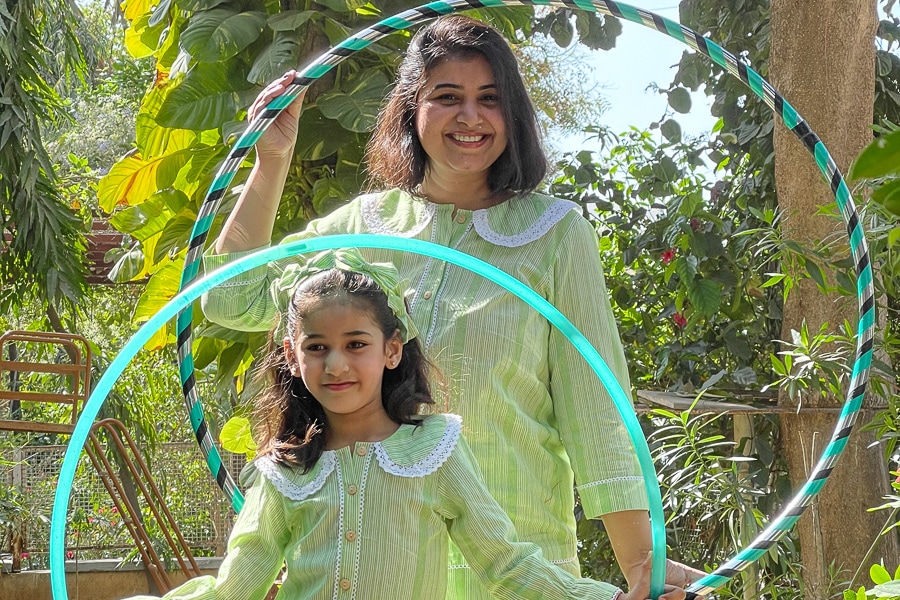 Siddhi Shah, Founder, Giggleo Designs
Siddhi Shah, Founder, Giggleo Designs
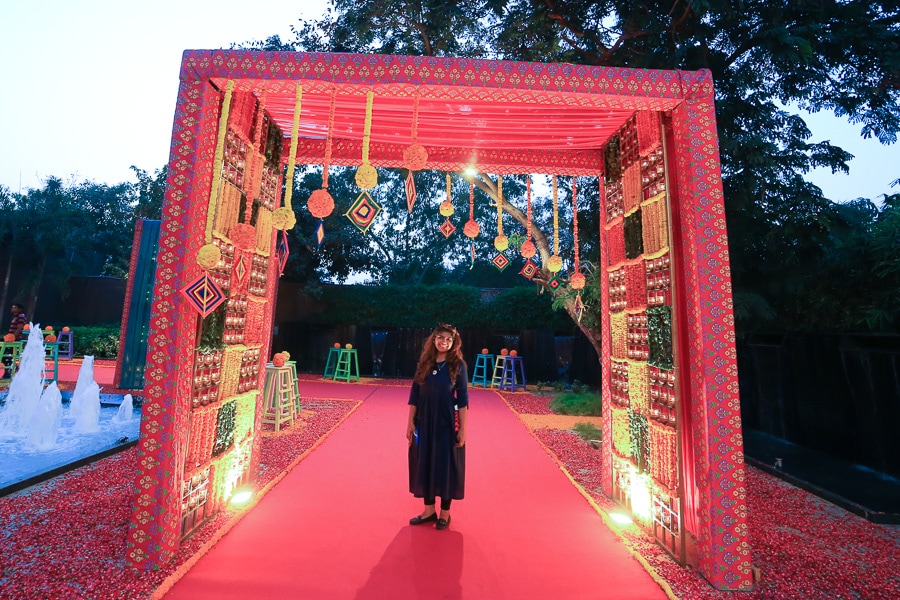 Nikita Daksha Kotecha, Founder, Details by Nikita Kotecha
Nikita Daksha Kotecha, Founder, Details by Nikita Kotecha
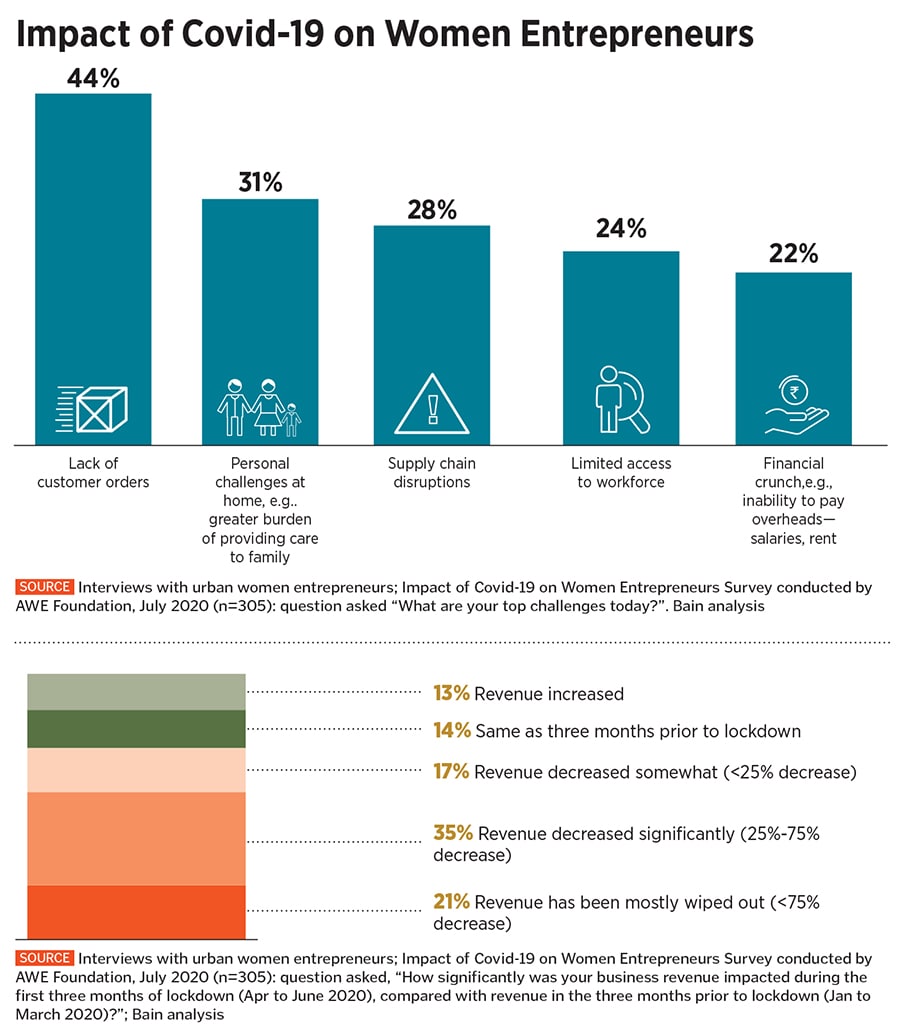
 Hardi Oza Patel, Founder, Velvet Escapes and Atara
Hardi Oza Patel, Founder, Velvet Escapes and Atara




